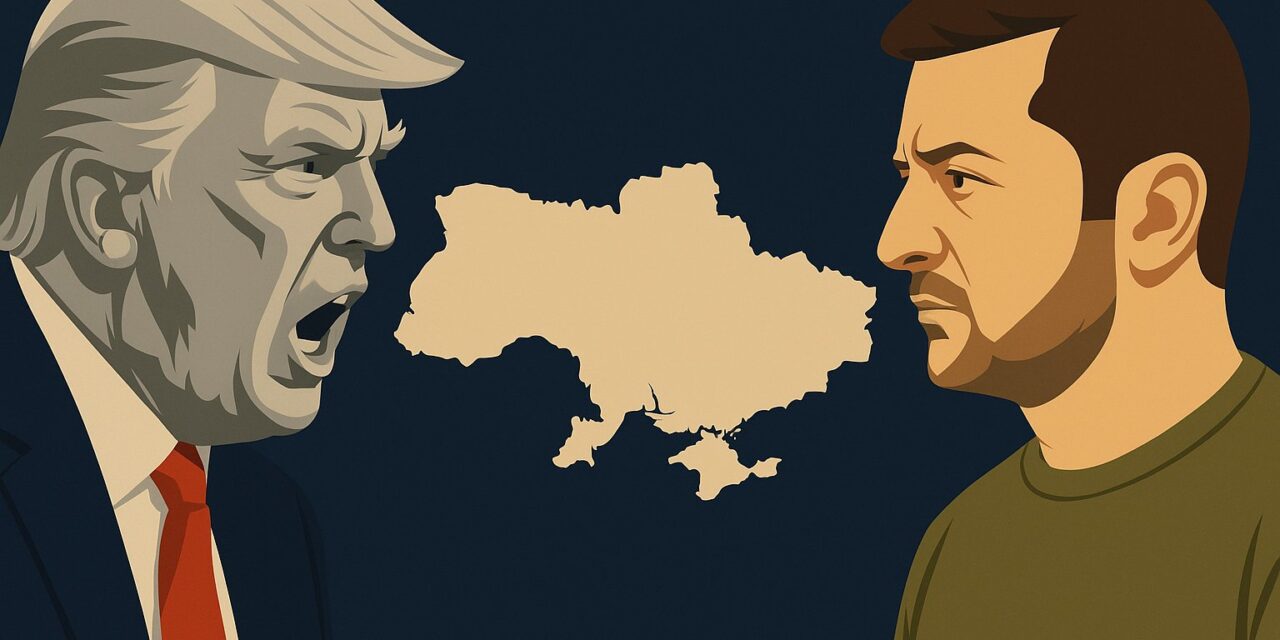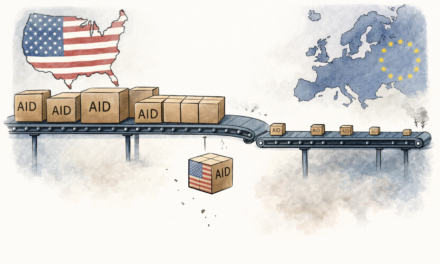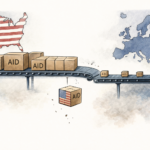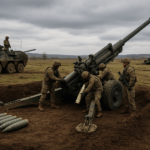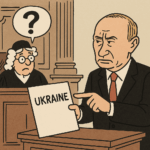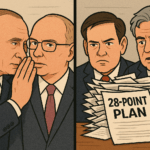Trump urges Zelenskyy to accept Putin’s terms. That was the blunt message delivered in a tense White House session that, by multiple accounts, spiraled into a shouting match. Sources say the U.S. president tossed aside battlefield maps, echoed Kremlin talking points from a recent call, and pressed for a sweeping territorial concession in the Donbas before later floating a freeze along current front lines. While the optics suggest an aggressive push to end the war fast, the exchange exposed deep rifts over how to balance urgency, justice, and deterrence. Financial Times+1
What Trump reportedly demanded
According to European and U.S. sources cited in reporting, Trump urged Kyiv to withdraw from the entire Donbas, arguing that Vladimir Putin would “destroy” Ukraine if it refused. He reportedly dismissed detailed frontline maps with visible frustration and repeated the Russian framing of the conflict as a “special operation.” Afterward, he signaled support for freezing the war where forces currently stand — a step that would lock in Russia’s gains and leave core issues unresolved. Financial Times+1
Kyiv’s stance and the political fallout
Zelenskyy resisted the demand, reaffirming that Ukraine cannot cede sovereign territory while Russian forces occupy it. The confrontation underscored the high stakes for Kyiv’s security and for Europe’s stability, given how U.S. policy shapes both military aid and diplomatic leverage. Trump’s camp later denied that he demanded Ukraine surrender the entire Donbas, highlighting a growing gap between behind-closed-doors accounts and public messaging — and raising fresh questions about Washington’s negotiating line. New York Post
Why this moment matters
Pushing a rapid front-line freeze may reduce immediate casualties and costs, but it risks normalizing conquest by force and hard-coding future instability. For Ukraine, agreeing to such terms could sap morale, fracture political support at home, and weaken deterrence across Europe. For the U.S., the episode signals a volatile approach to a war with global implications, where peace ideas collide with the realities of occupation, war crimes investigations, and long-term security guarantees. Financial Times

